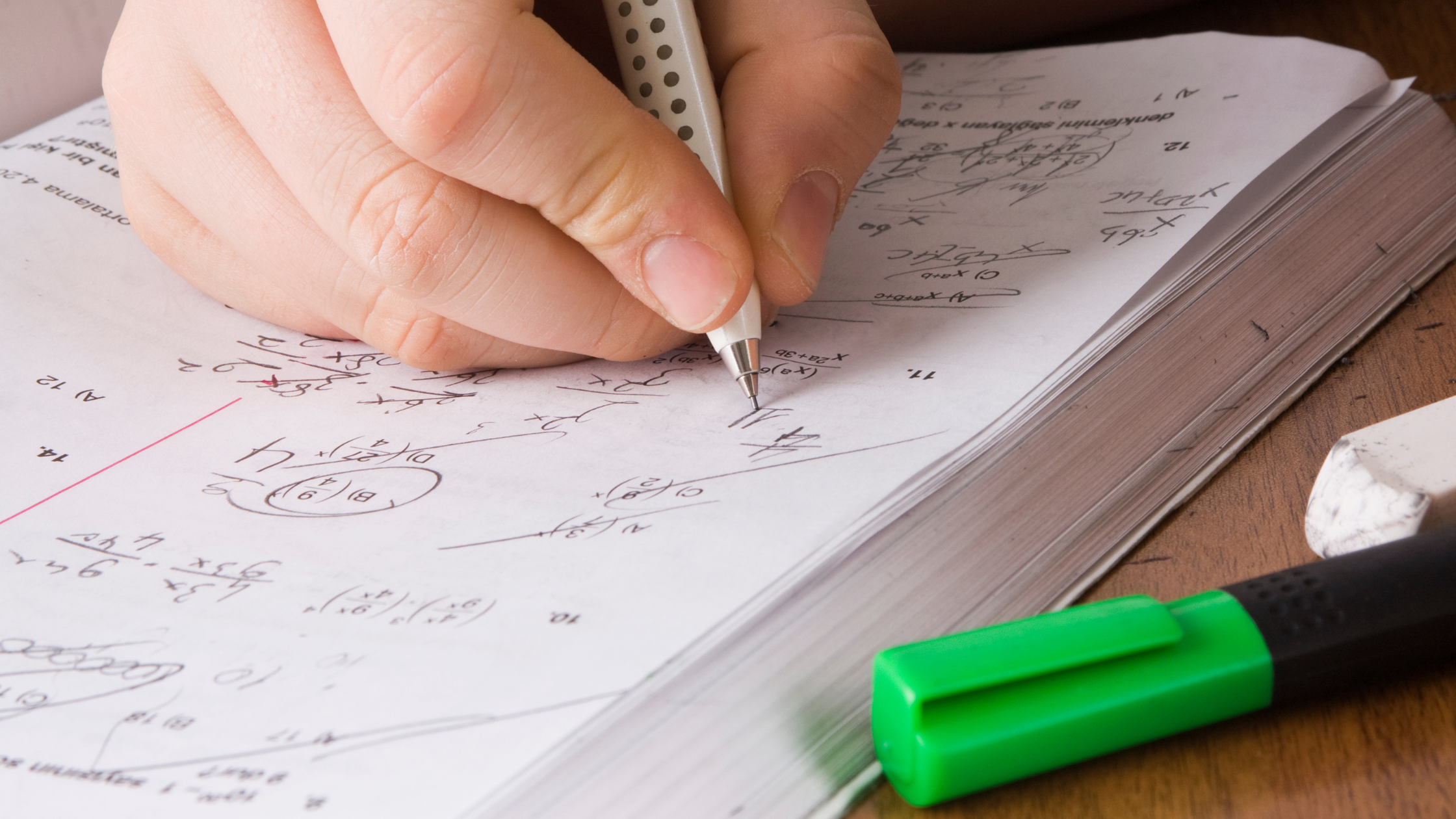Don't Help with Maths Homework, if You Don't Like Maths

According to research by Erin Maloney and her colleagues, parents who are not comfortable with maths do more harm than good when they help their children with their maths homework.
A large field study of children in the first and second years explored how parents' anxiety about math relates to their children's math achievement. The study aimed to understand better why some students perform worse in math than others. They tested whether parents' math anxiety predicts their children's math achievement across the school year. They found that when parents are more math anxious, their children learn significantly less math over the school year and have more math anxiety by the school year's end—but only if math-anxious parents provide frequent help with math homework.
Notably, when parents helped with math homework less often, children's math achievement and attitudes were unrelated to parents' math anxiety. In addition, parents' math anxiety did not predict children's reading achievement, which suggests that the effects of parents' math anxiety are specific to children's math achievement. These findings provide evidence of a mechanism for intergenerational transmission of low math achievement and high math anxiety.
The assessment also included how often they helped their child with math homework. The parent's educational level did not have any effect on the results. The research shows that individuals with high maths anxiety tend to believe that maths is useless and have low motivation to succeed. Parents with high maths anxiety may convey much negativity when they help their children with math homework. Even if parents were competent in the type of basic math that first and second-grade children encounter, this did not preclude them from feeling anxious when faced with their children's maths homework. This attitude might reduce the amount of effort the children invest in math and the amount of maths they learn and remember. As a result of learning fewer maths, these children may then become more maths anxious.
.png?width=2240&name=maths_homework%20(1).png)
Another possibility is that parents fear failure and are more likely to talk negatively about maths with their children. A child is more likely to learn this behaviour and avoid engaging in challenging situations for fear of failing in maths. Erin suggests that parents with high maths anxiety might try to teach their children using strategies different from those taught in the classroom, which could lead to confusion and negative affect on the child. Whatever the reason, the fact remains that, even when maths-anxious parents have good intentions, their help may backfire, decreasing children's math learning and increasing their math anxiety across the school year. So if you don't like maths, don't help your children.
Want to know more about Maths Anxiety? We've got a range of courses for you here.
Maloney, E. A., Ramirez, G., Gunderson, E. A., Levine, S. C., & Beilock, S. L. (2015). Intergenerational effects of parents' math anxiety on children's math achievement and anxiety. Psychol Sci, 26(9), 1480-1488. doi: 10.1177/0956797615592630


